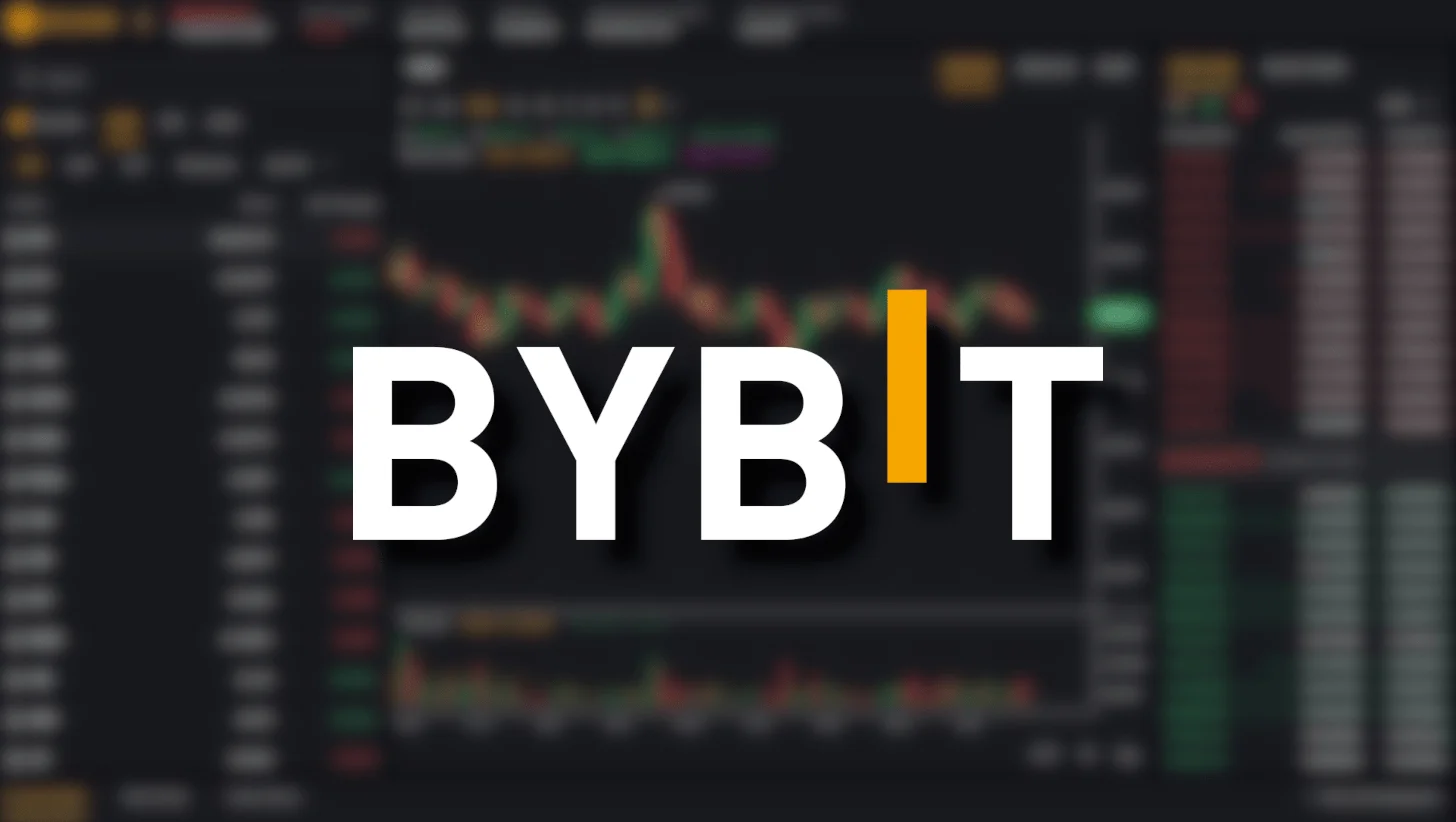Bybit Fined Over $1 Million for Regulatory Non-Compliance
06.02.2025 12:00 1 min. read Alexander Stefanov
Bybit, the second-largest crypto exchange globally, has faced a fine from India's financial watchdog over non-compliance with local regulations.
The Financial Intelligence Unit (FIU) of India imposed a penalty of 9.27 crore rupees (approximately $1.06 million) after the exchange violated the Prevention of Money Laundering Act (PMLA).
According to the Ministry of Finance’s official statement, Bybit, as a Virtual Digital Asset Service Provider (VDA SP), was required to register with the FIU-IND but continued to expand its services without fulfilling this obligation.
As a result of the persistent non-compliance, the FIU blocked Bybit’s websites under the Information Technology Act, 2000, halting the exchange’s operations in India.
This fine comes after Bybit paused its services in the country, citing regulatory concerns. The exchange’s India head, Vikas Gupta, expressed hope for securing an operational license soon.
Bybit had applied for a Virtual Digital Asset Service Provider (VDASP) license in June 2024 and continues to work towards compliance. While there were initial reports suggesting that Bybit had registered with the FIU, the exchange later retracted those claims. Both Bybit and the FIU have been contacted for clarification regarding the fine and the exchange’s compliance status.
-
1
What Are the Key Trends in European Consumer Payments for 2024?
29.06.2025 8:00 2 min. read -
2
Here is Why the Fed May Cut Rates Earlier Than Expected, According to Goldman Sachs
08.07.2025 15:00 2 min. read -
3
Toncoin Launches UAE Golden Visa Program Through $100,000 Staking Offer
06.07.2025 12:04 2 min. read -
4
What Brian Armstrong’s New Stats Reveal About Institutional Crypto Growth
29.06.2025 15:00 2 min. read -
5
Market Odds of a U.S. Recession in 2025 Drop in Half Since May
05.07.2025 18:30 2 min. read
U.S. Public Pension Giant Boosts Palantir and Strategy Holdings in Q2
According to a report by Barron’s, the Ohio Public Employees Retirement System (OPERS) made notable adjustments to its portfolio in Q2 2025, significantly increasing exposure to Palantir and Strategy while cutting back on Lyft.
Key Crypto Events to Watch in the Next Months
As crypto markets gain momentum heading into the second half of 2025, a series of pivotal regulatory and macroeconomic events are poised to shape sentiment, liquidity, and price action across the space.
Here is Why Stablecoins Are Booming, According to Tether CEO
In a recent interview with Bankless, Tether CEO Paolo Ardoino shed light on the growing adoption of stablecoins like USDT, linking their rise to global economic instability and shifting generational dynamics.
U.S. Dollar Comes Onchain as GENIUS Act Ushers in Digital Era
In a statement that marks a major policy shift, U.S. Treasury Secretary Scott Bessent confirmed that blockchain technologies will play a central role in the future of American payments, with the U.S. dollar officially moving “onchain.”
-
1
What Are the Key Trends in European Consumer Payments for 2024?
29.06.2025 8:00 2 min. read -
2
Here is Why the Fed May Cut Rates Earlier Than Expected, According to Goldman Sachs
08.07.2025 15:00 2 min. read -
3
Toncoin Launches UAE Golden Visa Program Through $100,000 Staking Offer
06.07.2025 12:04 2 min. read -
4
What Brian Armstrong’s New Stats Reveal About Institutional Crypto Growth
29.06.2025 15:00 2 min. read -
5
Market Odds of a U.S. Recession in 2025 Drop in Half Since May
05.07.2025 18:30 2 min. read


